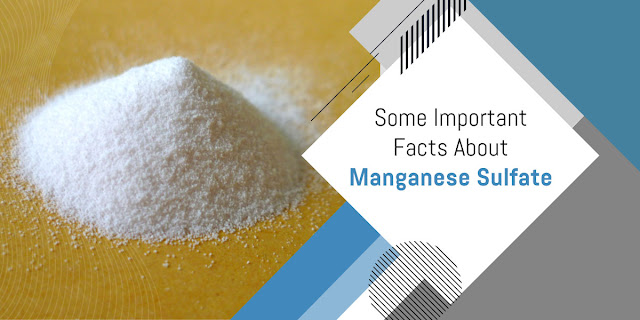Uses of Sorbitol for Skin Care
What Is Sorbitol?
Sorbitol is a sugar alcohol that is utilised as a
hydrating and moisturising ingredient in skincare. Sorbitol is also a
thickening, which improves the texture of compositions. Sorbitol also functions
as a prebiotic, feeding the naturally present bacteria on the skin. The skin
contains a natural microbiome that protects it from dangerous germs and
diseases. When the microbiome balance is disrupted by excessive washing, harsh
detergents, or illness, it has been associated to a weaker skin barrier and
decreased resistance to infection.
Palvi Chemicals is one of the most popular Sorbitol
suppliers in Ghana.
Sorbitol is a naturally occurring sweetener found in a
variety of fruits and plants. Sorbitol was discovered in the berries of the
mountain ash tree, Sorbus aucuparia, by a French scientist in 1872. It can be
found naturally in foods such as apples, pears, peaches, and prunes. Sorbitol
can also be made by reducing glucose, which converts the aldehyde group to a
hydroxyl group. Sorbitol is thus categorised as a sugar alcohol. Corn syrup is
used to make the bulk of sorbitol.
Sorbitol For Skin:
●
Moisturizer:
Sorbitol is also utilised in skincare
products as a humectant or moisturiser. A humectant is a water-attracting
chemical that draws moisture into the skin, keeping it moisturised and dewy.
Sorbitol is a good component for persons with dry skin due to its humectant
effects.
Palvi Chemicals is one of the best Sorbitol distributors in Ghana.
●
Anti-aging:
Sorbitol may also be useful to the
skin as it ages. Our skin gradually loses its ability to sustain water-based
hydration as we age. Natural humectants, also known as Natural Moisturizing
Factors, are found in the top few layers of the skin. NMF attracts and retains
water within skin cells, assisting in skin hydration. As part of the natural
ageing process, the amount of NMF found in the skin decreases significantly,
causing dryness and eventually contributing to wrinkle formation. As a result,
using products containing humectant moisturisers helps keep skin hydrated while
also working to minimise indications of ageing.
●
Texture:
Sorbitol also serves as a thickening
ingredient in cosmetics and skincare products. Thickeners are an essential
component of product formulation because they enable the product to be applied
smoothly and evenly throughout the skin. This helps to ensure that your
product's vital ingredients are distributed to where they need to be.
Thickeners also help to improve the product's feel. This is primarily a sensory
impact, although it makes the substance feel good on the skin.
●
Microbiome:
You may have heard of the phrase
microbiome in relation to gastrointestinal health. The term
"microbiome" refers to a naturally occurring beneficial bacteria
balance that can also be found on the skin. The skin's microbiome is vital for
skin health because it protects it from water loss, injury, and infection. The
natural skin microbiota can be harmed by excessive washing, the use of
disinfectants, and harsh formulations. Feeding the healthy bacteria on the skin
is one strategy to support the health of the skin's microbiome. This is where
sorbitol comes in; as a prebiotic, it feeds the bacteria on the skin and
promotes equilibrium.
Palvi Chemicals is a distinguished Sorbitol
exporter in Nigeria.
Things You Should Know About Sorbitol:
One disadvantage of humectants such as sorbitol is
that they must be combined with occlusive substances. Occlusive substances are
those that aid in the formation of a protective barrier on the skin. This is
critical when working with humectants because without that barrier, the
moisture in the water is lost to the air. This is crucial in dry conditions
because humectants can remove too much moisture from the lower layers of skin,
leaving the skin looking dry if there is little or no moisture in the
surrounding air. Keep this in mind when looking for sorbitol-containing
products.
Other Uses of Sorbitol:
Sorbitol is generally used as a sugar replacement. It
is roughly 60% as sweet as sucrose or sugar. Sorbitol can be found in a variety
of foods, cough syrups, mints, sugar-free chewing gum, mouthwash, and
toothpaste. Because of its sweetness, sorbitol is an excellent ingredient for
lip cosmetics such as lip gloss and lip balm.



Comments
Post a Comment